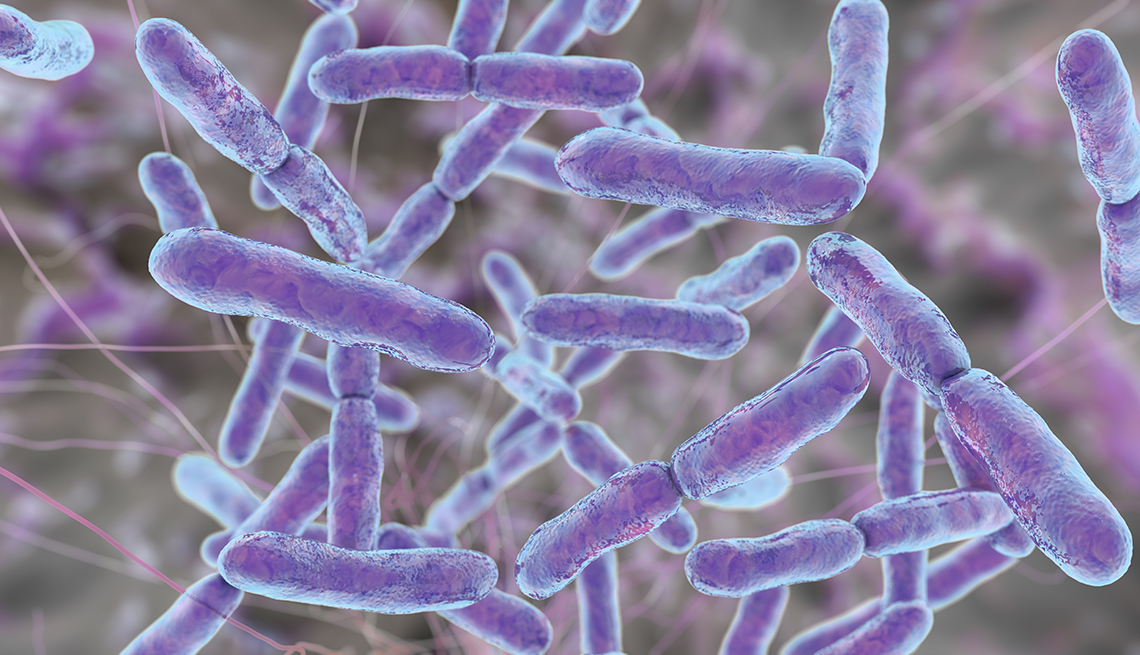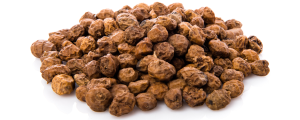Introduction
Probiotics are often hailed as a cornerstone of good health, particularly when it comes to digestive wellness. These beneficial bacteria reside in our gut and play pivotal roles in digestion, immunity, and beyond. In today’s health-conscious world, understanding how probiotics work and how they can be incorporated into your diet is essential. This article delves deep into the world of probiotics, exploring their benefits, types, and practical ways to enhance your gut flora.
Thank you for reading this post, don't forget to subscribe!Chapter 1: What Are Probiotics?
Probiotics are live microorganisms that, when administered in adequate amounts, confer a health benefit on the host. Found in various foods and supplements, these beneficial bacteria are primarily known for their role in maintaining a healthy gut microbiome and enhancing the immune system.
- Sources: Common sources include yogurt, sauerkraut, miso, and dietary supplements.
- Types: The most prevalent types include Lactobacillus and Bifidobacterium species, which cater to different health needs.
Chapter 2: Health Benefits of Probiotics
Probiotics offer a wide range of health benefits beyond just improving digestive health. They are known to:
- Enhance Digestive Health: They help balance the gut microbiome, which is crucial for digestion and nutrient absorption.
- Boost Immunity: A healthy gut contributes to a stronger immune system, making it easier to fight off infections.
- Mental Health Benefits: Emerging research suggests a gut-brain connection where probiotics can influence mood and mental health.
Chapter 3: Incorporating Probiotics into Your Diet
To reap the benefits of probiotics, incorporating them into your daily diet is key. Here’s how you can increase your probiotic intake:
- Fermented Foods: Regularly consume foods like yogurt, kefir, and fermented vegetables.
- Supplements: If dietary sources are inadequate, probiotic supplements can be an effective alternative.
- Prebiotics: These are fibers that feed the good bacteria in your gut. Foods rich in prebiotics include garlic, onions, and bananas.
Chapter 4: Potential Side Effects and Considerations
While probiotics are generally safe, they can cause side effects in some people, especially when first starting. These may include:
- Digestive Symptoms: Minor gas and bloating are common as your gut adjusts to the new bacterial balance.
- Allergic Reactions: Rare but possible, especially for those with allergies to dairy or other substances found in probiotic foods or supplements.
Chapter 5: Probiotics and Chronic Diseases
Research has started to shed light on the role of probiotics in managing chronic diseases such as:
- Irritable Bowel Syndrome (IBS): Probiotics can help manage symptoms.
- Allergic Conditions: Some strains can reduce the severity of eczema and other allergic reactions.
- Cardiovascular Health: There is emerging evidence that probiotics can influence heart health by reducing LDL cholesterol levels and blood pressure.
Frequently Asked Questions
- What are the best sources of probiotics?
- Yogurt, kefir, and fermented vegetables like sauerkraut are excellent sources.
- Can probiotics help with weight loss?
- Some studies suggest that certain probiotic strains can help with weight loss and fat reduction.
- Are probiotics safe for everyone?
- While generally safe, it’s best to consult a healthcare provider before starting any new supplement regimen, especially for those with underlying health conditions.
- How long does it take for probiotics to work?
- It varies, but some people may notice improvements in digestion within a few days, while other benefits might take longer.
- Can I take probiotics with other supplements or medications?
- Yes, but it’s wise to discuss this with your healthcare provider, as certain combinations may have interactions.
Conclusion
Probiotics offer a promising avenue for not only enhancing digestive health but also boosting overall well-being. By understanding the different types and benefits of probiotics, you can make informed decisions about incorporating these beneficial microbes into your diet. Remember, while probiotics can contribute to a healthier lifestyle, they are part of a broader approach to health that includes a balanced diet and regular exercise.





